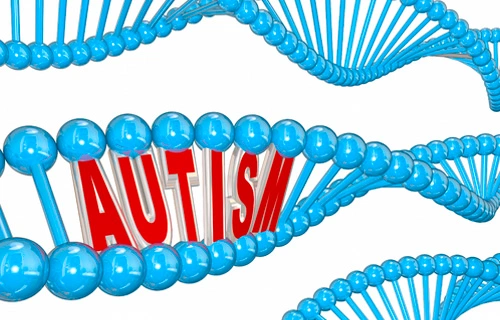Molybdenum supplement benefits

If you tested your DNA with a personal genomics service like 23andMe, AncestryDNA, FamilyTreeDNA, MyHeritage or another testing company, you can learn more about your risk factors for hundreds of diseases. By clicking the button above ⬆️, you can upload your raw DNA data file and receive a personalized 250-page health report with research links that is the most comprehensive.
While the body requires only minuscule quantities of the trace mineral molybdenum, it serves as a crucial element in numerous essential functions. Its absence could result in the accumulation of lethal sulfites and toxins within the body.
Although molybdenum is readily accessible through dietary sources, supplements remain popular. Like with most supplements, there might be minor risks associated with high doses, albeit they are infrequent. Molybdenum, a trace mineral essential for various bodily functions, often goes unnoticed due to the tiny amounts required by the body and its absence from dietary guidelines. Nonetheless, its significance becomes evident when deficiency leads to symptoms such as lethargy, headaches, liver toxin accumulation, and elevated blood pressure.
Despite its understated presence, molybdenum offers significant benefits, including protection against free radical damage, management of arthritis, and maintenance of male hormone balance. Similar to other essential minerals, adequate levels of molybdenum are indispensable for optimal bodily function.
Follow the link of the selected polymorphism to read a brief description of how the selected polymorphism affects Molybdenum and see a list of existing studies.
SNP polymorphisms related to the topic Molybdenum:
| rs72549324 | Mutation in the flavin-containing monooxygenase gene causing fish odour syndrome. |
| rs9689513 | |
| rs3008821 | |
| rs2984659 | |
| rs12515434 | |
| rs28363581 | |
| rs1736557 | |
| rs61753344 | |
| rs2066532 | |
| rs1800822 | |
| rs2075992 | |
| rs909529 | |
| rs10797894 | |
| rs2266780 | |
| rs1057251 | |
| rs491339 | |
| rs3744900 | |
| rs12454634 | |
| rs2848584 | |
About The Author
Li DaliLi Dali, a National Foundation for Outstanding Youth Fund recipient, is a researcher at the School of Life Sciences in East China Normal University. He earned his PhD in genetics from Hunan Normal University in 2007 and conducted collaborative research at Texas A&M University during his doctoral studies. Li Dali and his team have optimized and innovated gene editing technology, leading to the establishment of a world-class system for constructing gene editing disease models.


